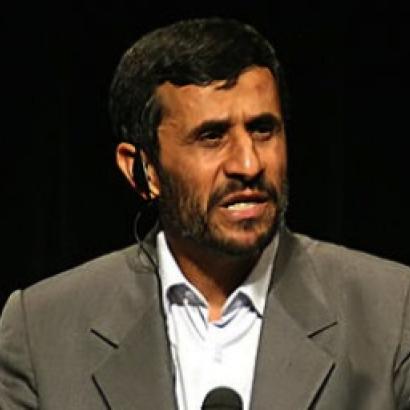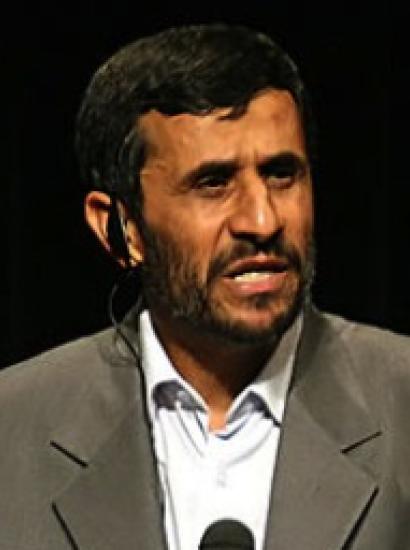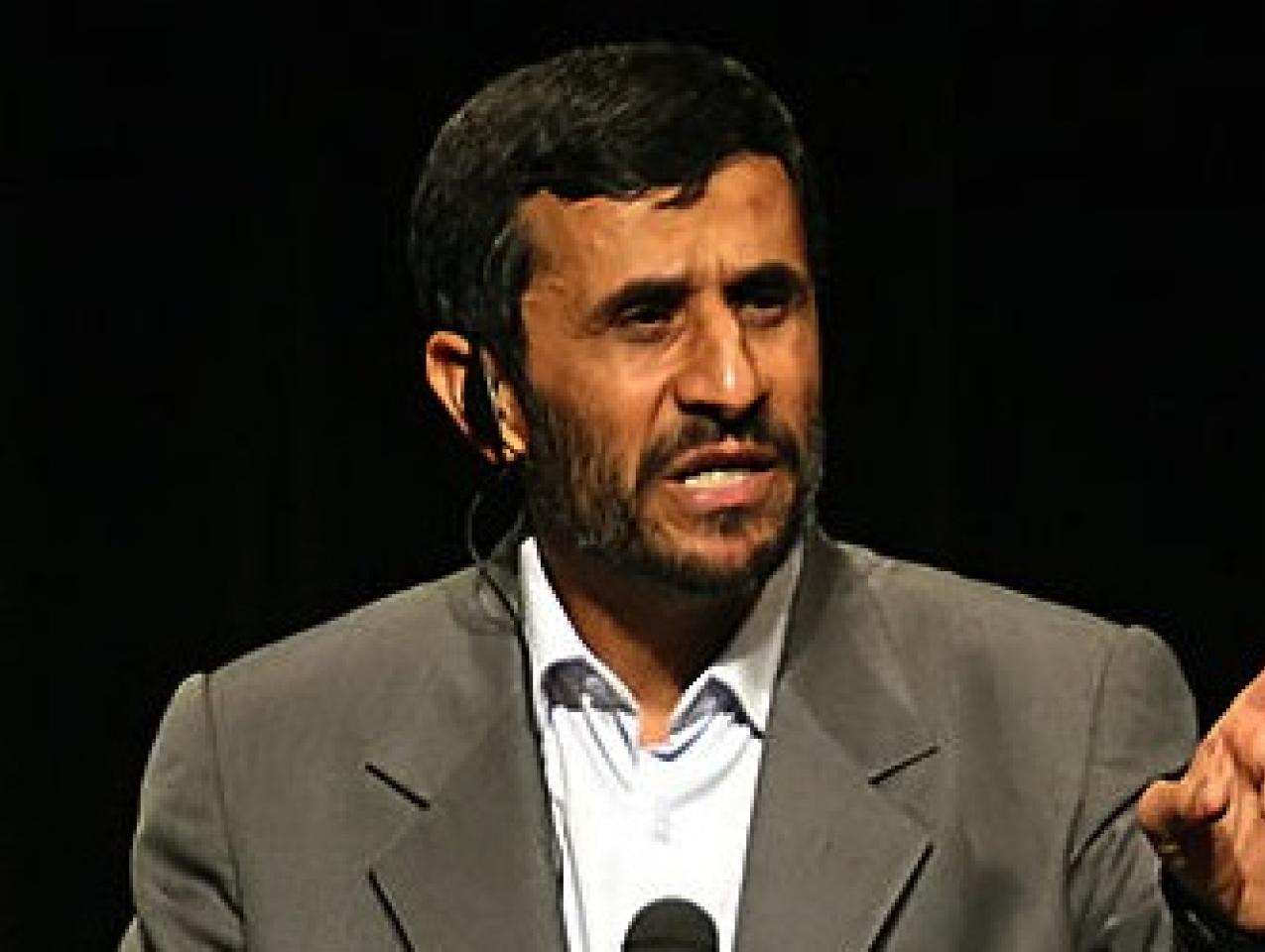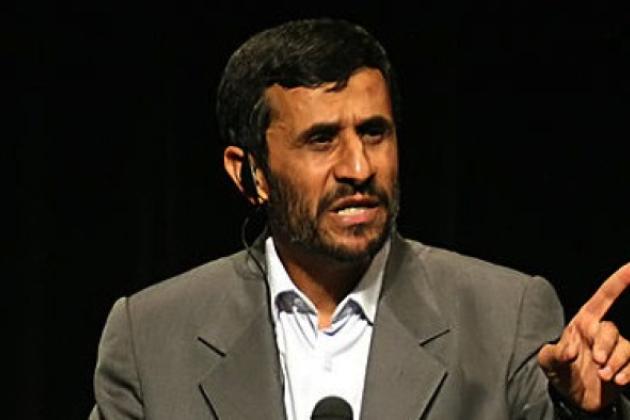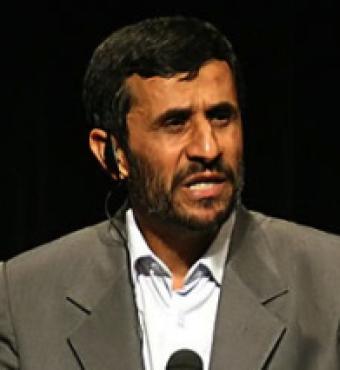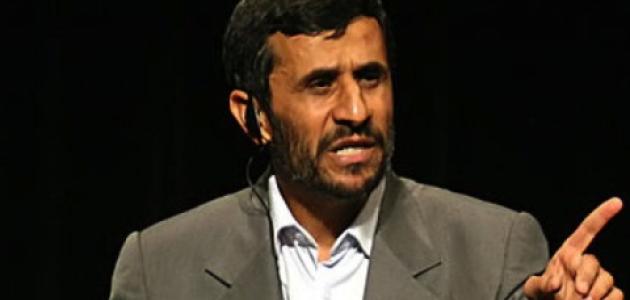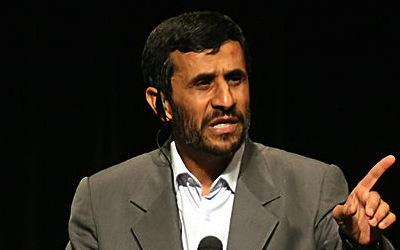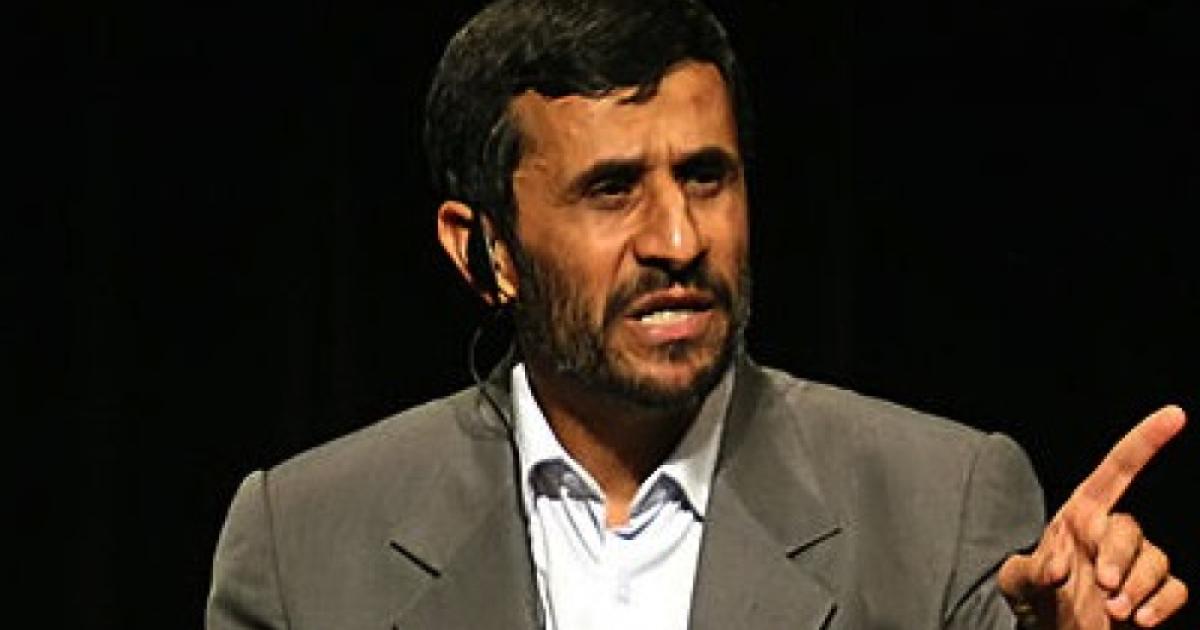- International Affairs
- US Foreign Policy
During the time of the Soviet Union, the joke among the proletariat ran, “We pretend to work, and they pretend to pay us.” The diplomatic relationship between President Barack Obama and Prime Minister Benjamin Netanyahu has taken on the same farcical characteristics: The President pretends he will not tolerate a nuclear-armed Iran, and Prime Minister Netanyahu pretends to believe him.
In order to keep the ruse alive, the President has been required to escalate his rhetoric, while the Israeli government has continued to publicly reiterate its confidence in U.S. policy and privately convey its concern about it. However, the United States neither intends to prevent Iran from acquiring nuclear weapons, nor does Israel believe we would. The simple fact is that across two administrations, the U.S. government has insisted that it will not tolerate what it has manifestly allowed to occur: progress by the government of Iran toward the possession of nuclear weapons.
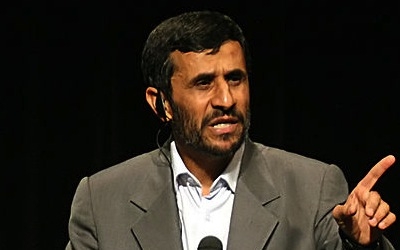
Photo credit: Wikipedia
Iran currently has the capability to build weapons: it has the nuclear materials, design, and experimental base. The International Atomic Energy Agency has concluded, and the Iranian government proudly boasts, that Iran is enriching uranium to the 20 percent level, suitable for weapons and little else. The government of Iran has arrayed three thousand centrifuges, built underground nuclear facilities, and may have conducted explosives testing at undeclared military sites.
Moreover, the Obama Administration is committed to dealing with the problem solely through the United Nations. But the Russian and Chinese governments are extremely hesitant to allow further pressure on Iran, for their various reasons. In the Russian case, it appears to be a blend of genuine concern about Iran stoking Islamist friction in the Caucasus, commercial interest, and the satisfaction of preventing the United States from achieving its goals. China shares Russia’s concern about Islamism, but is perhaps more attuned to attitudes of oil-producing states in the Gulf than Russia is because of its energy needs.
In order to prevent the facade of its policy from crumbling, the Obama Administration has insisted that despite Iran’s reprocessing of its nuclear materials and its confounding of UN weapons inspectors, the country has not yet decided whether to build a nuclear weapon. The Administration believes Iran wants to emulate Japan: demonstrate the ability of a nuclear program without actually crossing the line.
Senior Administration officials proclaim this knowledge with none of the careful caveats placed on recent intelligence about North Korea’s nuclear program or Syria’s chemical weapons use. In both of those cases, the Director of National Intelligence and even the President himself emphasized the differing degrees of confidence within the intelligence community on conclusions about whether North Korea has nuclear warheads it can affix to long-range nuclear weapons and whether the Syrian government used chemical weapons against its citizens. In the North Korea case, the President contradicted the findings of the Defense Intelligence Agency, saying he did not believe North Korea had that ability.
But none of that careful parsing of language has been in evidence in the President’s analysis of the Iranian situation. The Director of National Intelligence and the Secretary of Defense both testified unequivocally that Iran had not decided whether to become a nuclear power. They both also stated that when and if Iran made that decision, we would know it. Neither of these assertions are likely to be true.
Assessing intentions is the most delicate and difficult type of intelligence analysis. It requires a sophisticated understanding of cultures and power relationships in other political systems. We frequently are surprised by the choices of long-standing allies, which is to say nothing of Iran, a country that we have had nearly no political or economic interactions with since 1979.
We missed the Indian and the Pakistani nuclear tests, the extent of Iraq’s nuclear activities before the 1991 Gulf War (during which time IAEA weapons inspections were routinely taking place), the lack of nuclear progress in Iraq between 1991 and 2003, the growing virulence of Islamic terrorism in the 1990s, North Korea’s nuclear test in February, and we cannot seem to determine the intentions of the Syrian rebel groups. Hence, it does not seem likely that our intelligence community has the ability to reliably make such a careful and confident assessment about Iran.
Why, then, would the Obama Administration confidently declare that Iran has not decided to develop nuclear weapons? One possible explanation is that tolerating a gap between what is occurring and what we acknowledge allows the Obama Administration to claim it will prevent a nuclear Iran while carrying out a policy of containment. That is, if we don’t say they have nuclear weapons, we can act as though they don’t. The denial allows us to continue negotiations over the program, keep sanctions in place, and forestall the cascade of proliferation likely to occur as other Middle Eastern nations counter Iran’s program. Saudi Arabia, Egypt, and Turkey, at a minimum, are likely to press ahead with buying weapons from Pakistan.
There are some supportable reasons why the Obama Administration might choose a policy course that is murky. First would be to deny Iran the cachet of becoming a nuclear power, reducing its ability to intimidate neighboring countries. Second, it requires Iran to take affirmative action if it wants to prove that it has weapons—a test or display of the weapons—and that facilitates international condemnation.
Third, it permits continued negotiations that may provide crucial intelligence information about both the state of Iran’s nuclear programs and its political leadership’s intentions. Fourth, the Non-Proliferation Treaty could very well collapse if a signatory is shown to have crossed the nuclear threshold, freeing up other threshold states, and minimizing the proliferation of nuclear weapons remains very much in American interests. Fifth, it buys time for pulling together the coalition of countries that would participate in military action—and it is unlikely that even Israel would have to act alone when Turkey and the Sunni authoritarian states of the Gulf have such strong interests in the same direction.
Finally, the Administration’s strategy buys time also with Iran. The overall strategy in recent years—not solely during the time of Obama Administration—has been to delay Iran’s nuclear program long enough that the regime is either overthrown by its own people or attenuates the behavior that makes us and its neighbors so worried about its having nuclear weapons.
That strategy was badly undercut by the Obama Administration’s decision in the wake of the 2009 Iranian Presidential election not to support protests against the regime, and by the effective repression of political dissidents by the Iranian regime since 2009. It is illustrative of the discouraging success of that repression that the upcoming Presidential elections are seen in the context of a power struggle among elites—there is very little pressure from the Iranian people this time around. And if the Iranian regime has the staying power to remain in control, the arguments for pretending Iran’s nuclear program does not exist suddenly become much less persuasive.
The problem with Machiavellian scheming is that it is difficult to pull off in a country with a press as free as ours, and with a culture and political system that incentivizes revealing such duplicity. If journalists were to begin pressing the Administration about how it can be so sure on Iran when it is unsure about so many other intelligence issues of equal complexity, the White House would be put in the position of either admitting it has overstated its intelligence about Iran, explaining its policy motivations and path, or committing itself to a course of action that would be revealed as deliberately misleading so that the President would not have to carry out the threat he made of not permitting Iran to have nuclear weapons.








